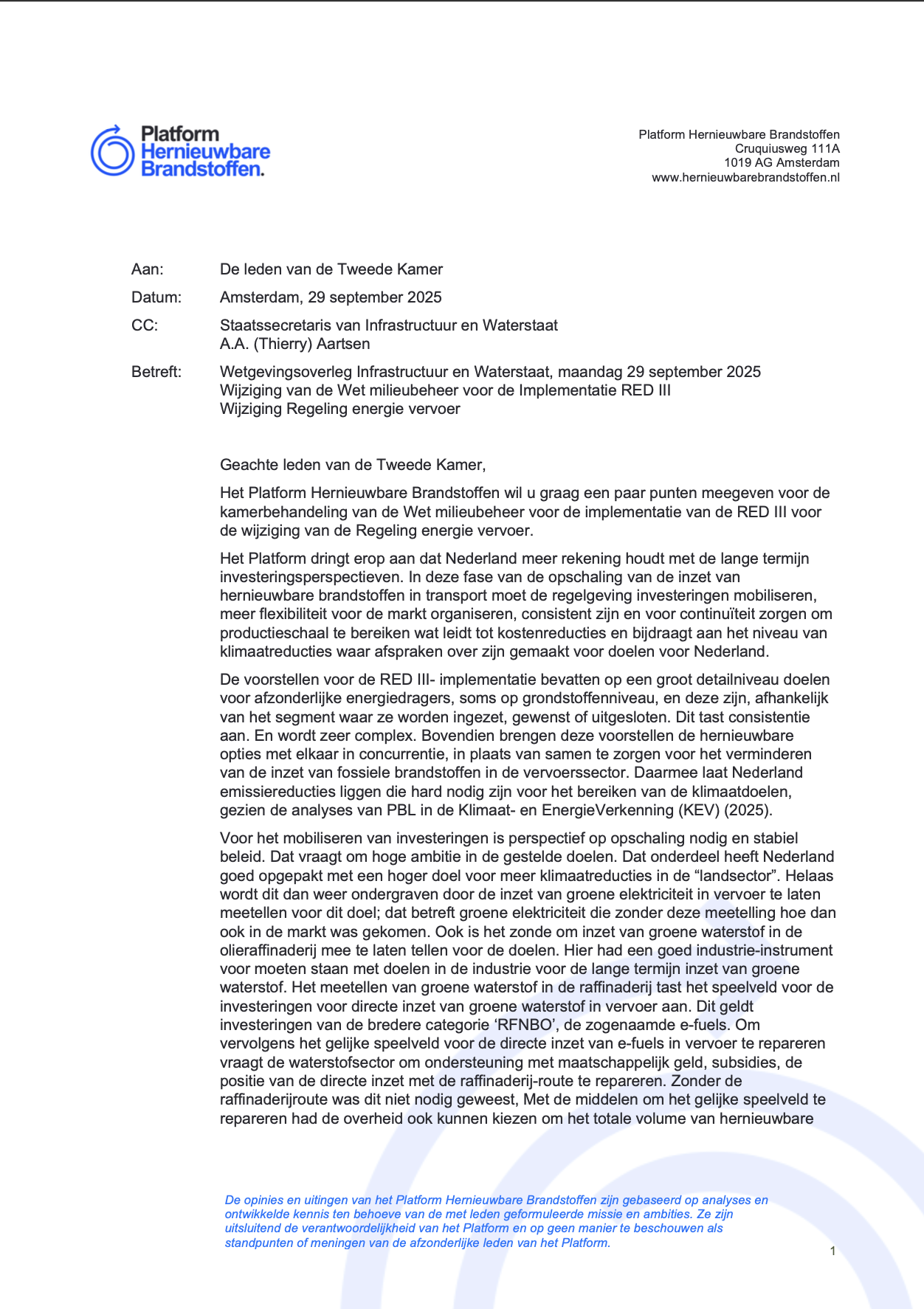European Court of Auditors: Audit on the effectiveness of EU hydrogen policy | 2024

The European Court of Auditors (ECA) has carried out an audit on how effective the Commission has been in creating conditions for emerging renewable and low-carbon hydrogen markets and whether the EU is on track to achieve its targets. The report concludes that the Commission has been partially successful, predominantly in creating the right conditions for the emergence of hydrogen markets. However, the report also concludes that the EU renewable hydrogen production and import targets were not based on robust analysis, are too ambitious and are, therefore, not realistically going to be achieved. Besides, the EU wide targets have not been broken down into binding targets for individual Member States. As a result, some Member States have not set their own targets, and others have set targets that do not align with the wider EU-ambitions. Therefore, these targets are overly ambitious, and the EU is unlikely to meet them.
On the surrounding renewable hydrogen legal frameworks, the ECA notes that the rules laid down for the production of renewable hydrogen production (Delegated Regulation EU/2023/1184) were set without prior assessment of their impacts on for example, the costs of production. It took a long time to find agreement on these rules, which created uncertainty for investments and resulted in deference of investment decisions during that time.
The ECA’s assessment is that work on standardisation and certification is still required and the investment needs in this market are enormous. However, the Commission does not have a complete overview of these needs or of the available public funding. Different EU funding programmes, with different rulesets, makes it difficult for industry to determine the best-suited programme for a given project. Therefore, there is no guarantee that the EU’s production potential can be fully harnessed.
The ECA proposes a set of recommendations to the Commission:
- Following a reality check, make strategic choices on the way ahead without creating new strategic dependencies
- Set out an EU roadmap and monitor progress
- Obtain reliable national funding data and assess the appropriateness of EU funding arrangements accordingly;
- Monitor the permitting process in the member states;
- Take a clear decision on support and coordination actions with and for the hydrogen industry
Read the Euractiv news-item here, and for the full ECA report here.
Recente artikelen
IEA: The Role of E-fuels in Decarbonising Transport (revised version)

Platformreactie kamerbehandeling RED III regeling energie vervoer

ETIP Bioenergy: Position paper on sustainable biomass supply | 2025


